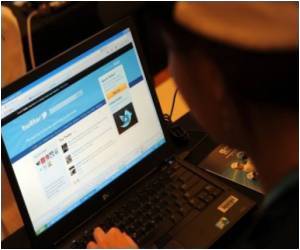Less popular users can gain popularity by increasing their activity and their tweets, but the result will be costly and inefficient, suggests a new study.

Researchers confirmed that the actual structure of Twitter is the key to the influence. It was a heterogeneous network, or rather, one where there was a large number of users with very few followers and a few -very few- with an enormous number of followers.
According to the study, on heterogeneous networks like Twitter the way in which users send messages does not matter, because there is always going to be a highly influential minority. Tweets that more popular people or institutions send are spread more and have greater impact, even though they send very few, which is also quite usual.
Rosa M. Benito, head of the research asserted that with this type of distribution, network position or 'topocracy' comes before meritocracy and having a larger number of followers is much more important than the user's effort or activity in sending lots of messages.
The study is published in the journal Social Networks.
Source-ANI








